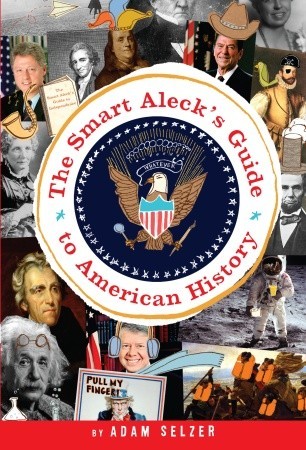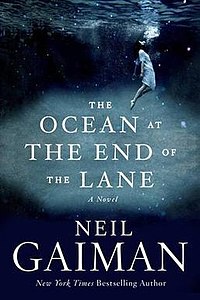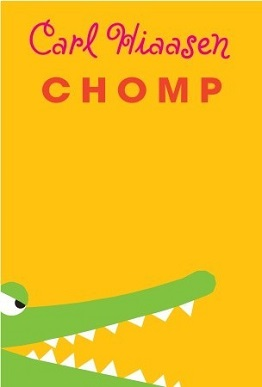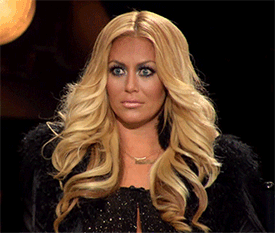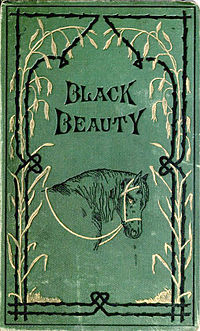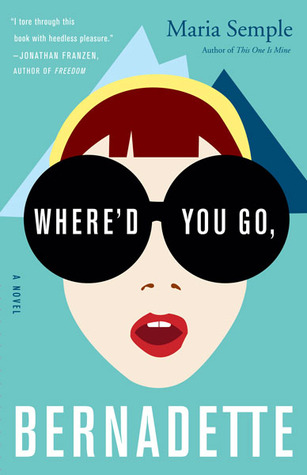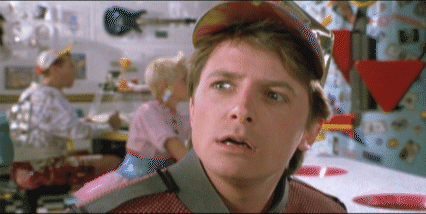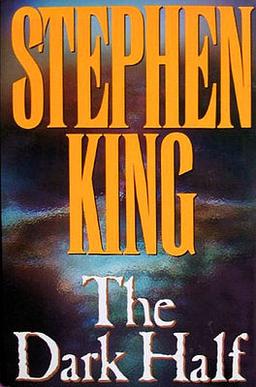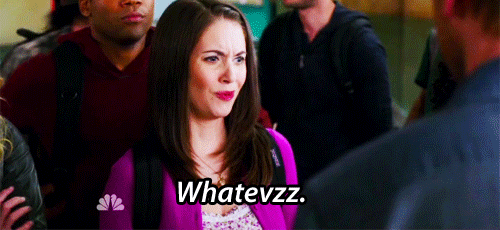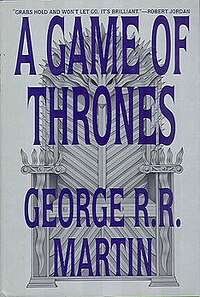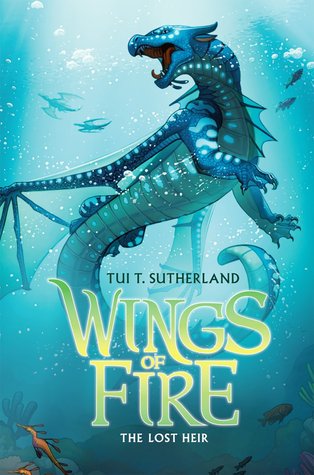 Wings of Fire #2: The Lost Heir by Tui T. Sutherland
Wings of Fire #2: The Lost Heir by Tui T. SutherlandScholastic Press - January 1, 2013
336 pages
The lost heir to the SeaWing throne is going home at last...
She can't believe it's finally happening. Tsunami and her fellow dragonets of destiny are journeying under the water to the great SeaWing kingdom. Stolen as an egg from the royal hatchery, Tsunami is eager to meet her future subjects and reunite with her mother, Queen Coral.
But Tsunami's triumphant return doesn't go quite the way she imagined. Queen Coral welcomes her with open wings, but a mysterious assassin has been killing off the queen's heirs for years, and Tsunami may be the next target. The dragonets came to the SeaWings for protection, but this ocean hides secrets, betrayal--and perhaps even death.
Okay, I don't read much middle grade fiction anymore (with the exception of Warriors and Survivors, but I've spent so much time with those cats that I don't expect to give up anytime soon). Young adult and adult fiction? Check, check, check. But I was engrossed by this series due to its being written by one of the Erin Hunters. Plus, it was about dragons.
It's easily better than almost all of the middle grade fiction out there. It doesn't minimize violence or plot because it's written for a younger audience, and all of the characters are believable. While they seemed like somewhat charicatures in book one, that was before I realized that each book would have insight into the world of each dragonet so that you get to understand them and their motives much better. I also love the broken prophecy plot; the prophecy wanted a SkyWing, but they got a RainWing instead, the SandWing has stunted growth and the NightWing doesn't have secret powers.
The underwater kingdom seemed real to me for that setting, which was a big thing for me. Tsunami seems annoying at first, but she grows into her own over the course of the book and becomes a more sympathetic protagonist.
A couple minor gripes: the language didn't seem like what dragons would be saying. I know that they're young, but they probably wouldn't use the same language as human teenagers. Also, the awkward capitalization of dragon names is a little annoying. That's all that I can think of.
Grade: A-

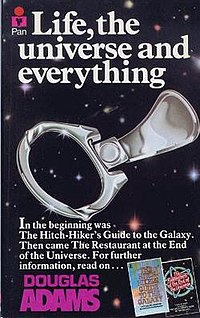
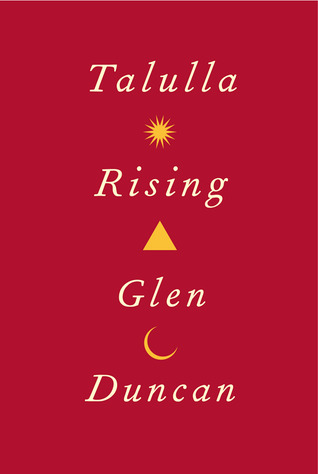

.jpg)



